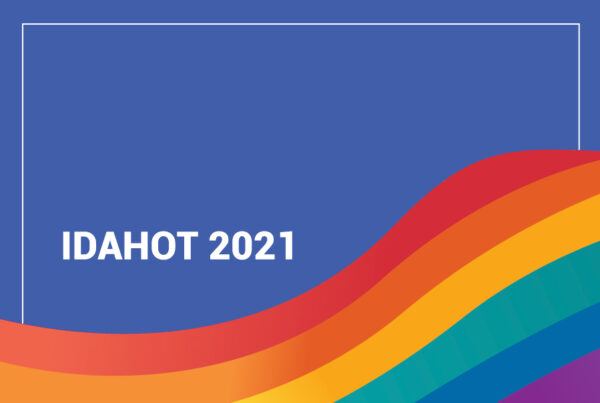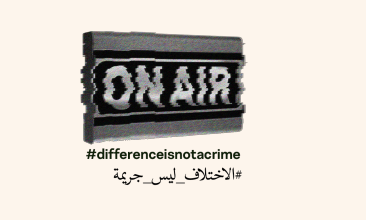Guest post by Zalfa Quino, digital security trainer
The online presence of activists in the MENA region is a very important matter, particularly for LGBT activists. Given the lack of spaces where it is safe to gather in person, most LGBT people turn to the online sphere to express themselves, to write, to lobby and, of course, to socialize.
With the internet being an expensive service in most Arab countries, almost everyone seeks to connect using the money-saving option of open and/or public Wi-Fi (cafés, hotels, libraries, universities, malls, etc.). Although these access points are very convenient, connecting to the internet via free Wi-Fi networks comes with security risks that you should be aware of.
When you connect to an open Wi-Fi network, then your unencrypted network traffic is visible to everyone using the same network. This means that anyone with surveillance software can see the unencrypted web pages you are visiting and can also see what you are typing on those unencrypted dating sites, forums, and campaign blogs.
If you are a target for monitoring by hackers or police, being on an open Wi-Fi network makes their job very easy. Hackers can hijack your sessions, log in using your credentials, capture your personal information, credit card information, photos, and contact lists. They can also use the open Wi-Fi to infect your device with malware, and examine all of your activity on LGBT forums and dating sites.
Here are ways to protect yourself when accessing the internet on an open Wi-Fi network:
- Use the HTTPS Everywhere browser extension. This is a free and open source web browser extension for Google Chrome, Mozilla Firefox and Opera, that automatically makes websites use the more secure HTTPS connection whenever it is available.
- Connect through a Virtual Private Network (VPN). Paying a few extra dollars per month will spare you a lot of headache! VPN services such as TunnelBear will prevent the traffic to and from your device from being monitored. Most VPN service providers also have a mobile app. (I recommend always connecting through a VPN, no matter where you are or what network you are using).
- Never use the same password for more than one account. Using the same password on several accounts increases the chances that hackers will gain access to all of them. Once they have stolen one of your passwords, they will use it to try and access your other accounts. They are counting on you to repeat your passwords, so you better outsmart them.
- Adjust your settings. Make sure that your device is not set to connect automatically to public Wi-Fi. Even if your device is not actively connected to a network, this automatic setting means that the Wi-Fi hardware in your computer is continuously transmitting data with any network within range.
- Avoid financial websites. Never access your banking services or any website that has your financial information via open Wi-Fi, even if the websites are encrypted with HTTPs.
Remember: trusting an open or public Wi-Fi means trusting everyone who is also using the network with you! Should you trust all of those strangers? The answer, of course, is NO!
Zalfa Quino is a pseudonym of a Lebanese blogger, human rights activist, and digital security trainer.





